Trump’s Second Son Declares “Redefinition of Finance” in Hong Kong, Signaling U.S.-China Stablecoin Clas
Input
Changed
Hong Kong Positioned as a Battleground for Financial Hegemony
Local Officials Step Cautiously Amid Political Pressures
Chosen as the Frontline of the U.S.-China Currency Rivalry

Eric Trump, second son of U.S. President Donald Trump and a cryptocurrency entrepreneur, appeared at a virtual asset conference in Hong Kong, declaring his ambition to seize influence over Asia’s financial hub. For Washington, Hong Kong serves as a gateway into Asia, while for Beijing it is a defensive bulwark. Eric Trump’s remarks are seen as another step toward intensifying the U.S.-China contest for financial supremacy.
Signaling Ambitions to Reshape Asia’s Financial Ecosystem
According to Nikkei Asia on August 1, Eric Trump addressed the “Bitcoin Asia 2025” conference held in Hong Kong on July 29, announcing that his company, World Liberty Financial, was rolling out crypto projects across Asia, the Middle East, and the United States, “redefining global finance.” He claimed, “We are running the fastest-growing crypto project in the world,” while noting that both the U.S. and China are leading players in the digital asset space.
His comments were widely interpreted as extending beyond personal ambition, signaling Washington’s intent to use Hong Kong as a staging ground to shape the broader Asian crypto-financial ecosystem. Controlling Hong Kong would allow the U.S. to extend influence into adjacent markets, including South Korea, Japan, and Southeast Asia. Financial circles see Washington’s positioning of Hong Kong as a frontline in the U.S.-China financial rivalry and as a launchpad for regional expansion.
Indeed, Hong Kong holds strategic importance for both powers. The U.S. views it as a beachhead to expand dollar dominance across Asia, while China sees it as a shield to defend the yuan’s digitalization drive. Against this backdrop, Hong Kong is no longer just a city, but a stage for the direct collision of financial hegemony. Eric Trump’s remarks simply formalized what was already evident.
Opening the Door While Minimizing Political Burden
The careful maneuvering of Hong Kong officials underscores the sensitivities. Shortly before the conference, the official speaker list on the Bitcoin Asia 2025 website quietly dropped Eric Yip, executive director of the Securities and Futures Commission (SFC), and Legislative Council member Johnny Ng Kit-chong. The South China Morning Post reported testimony suggesting that “requests were made” for local officials not to appear alongside the U.S. president’s son. While no outright ban was issued, the intention to avoid political entanglement was clear.
This move was seen as more than a scheduling change—it was interpreted as a policy signal. By avoiding direct proximity to a figure so closely tied to Washington, Hong Kong regulators sought to prevent perceptions of bias that could spark frictions with Beijing. Without canceling the event itself, authorities managed risk by lowering visibility and political exposure.
At the same time, Hong Kong sought to reassure the private sector and global investors that policy momentum remains intact. In June, the government issued its “Digital Asset Policy Statement 2.0,” and in early July it enacted a Stablecoin Ordinance, formally defining a framework for cross-border use of fiat-linked tokens. By keeping the regulatory window open while minimizing political overtones, Hong Kong’s approach is being read as a pragmatic cost-control strategy amid the high-risk U.S.-China financial environment.
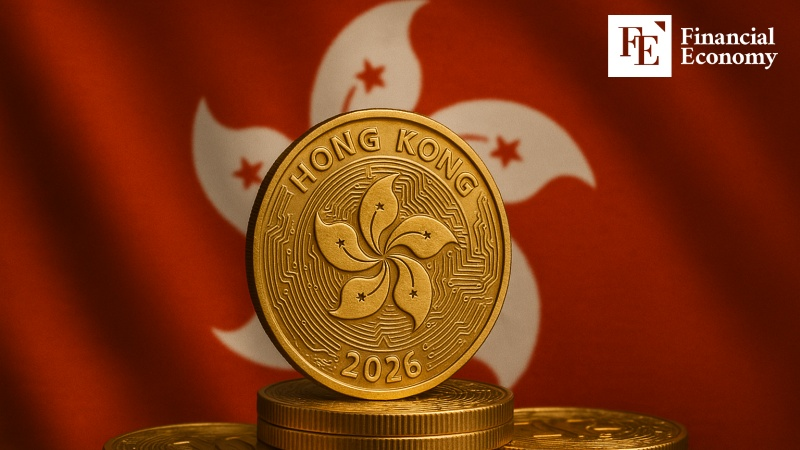
A Defensive Wall for China, an Offensive Outpost for the U.S.
The global financial order now faces a new battlefield. On July 1, the Hong Kong Monetary Authority (HKMA) announced it would license issuers of stablecoins pegged to the Hong Kong dollar, with applications open until September 30. Beijing frames the move as a regulatory testbed, but analysts note that if dollar-pegged tokens spread via Hong Kong, it would effectively serve as a defensive wall against the yuan’s internationalization strategy.
While China’s mainland maintains a strict ban on crypto trading, it has been accelerating development of its central bank digital currency, the digital yuan, aimed at reducing reliance on the dollar in cross-border settlements. But if privately issued stablecoins gain traction, the strategic value of the digital yuan could be diluted. With nearly 80 percent of stablecoins in circulation backed by U.S. Treasuries, America’s financial leverage is only poised to strengthen.
This explains why caution still dominates in Beijing. At the Shanghai Forum in June, People’s Bank of China Governor Pan Gongsheng admitted, “The rise of stablecoins has made financial oversight more difficult.” Chinese regulators broadly agreed that overheated market sentiment needs to be cooled. This reflects a policy stance that goes beyond considering legalization, extending to managing market psychology itself.
Yet pushback against U.S. advances is mounting. Li Yang, senior fellow at the Chinese Academy of Social Sciences’ Institute of Financial Development, warned, “Integration of cryptocurrencies and stablecoins with traditional finance is an irreversible trend. If China relies only on the digital yuan strategy, it risks falling behind in global currency competition.” In practice, Beijing’s caution amounts to a dual-track approach: slowing formal implementation while maintaining a firm grip on the strategic contest.

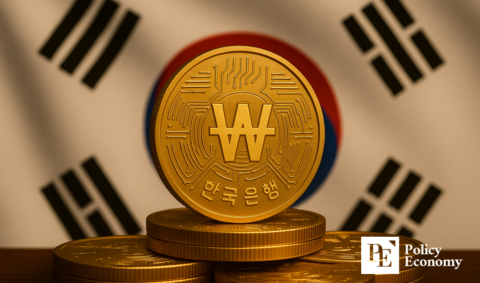
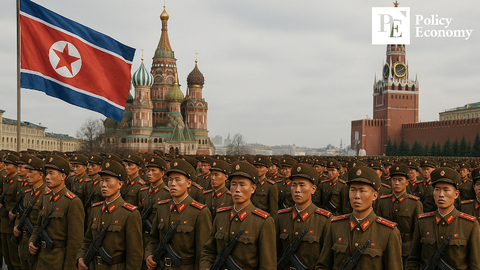
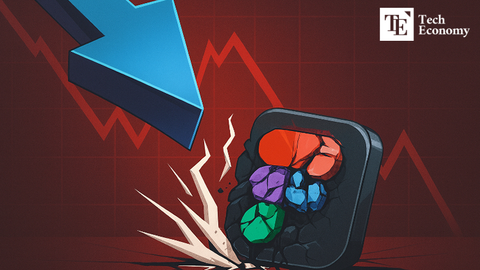

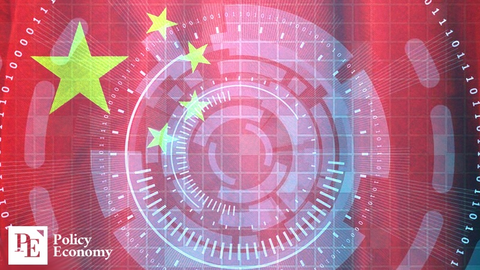


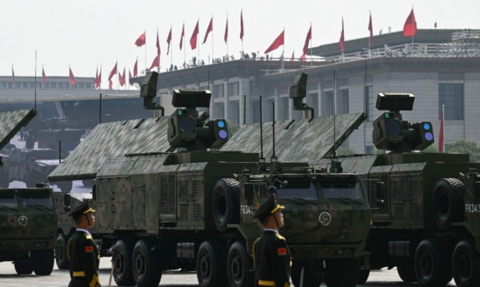
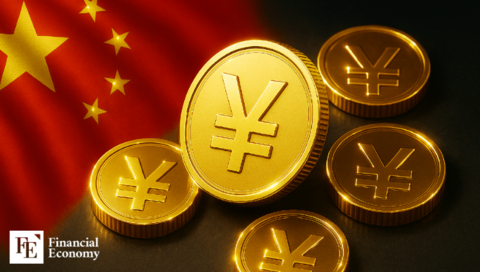












Comment